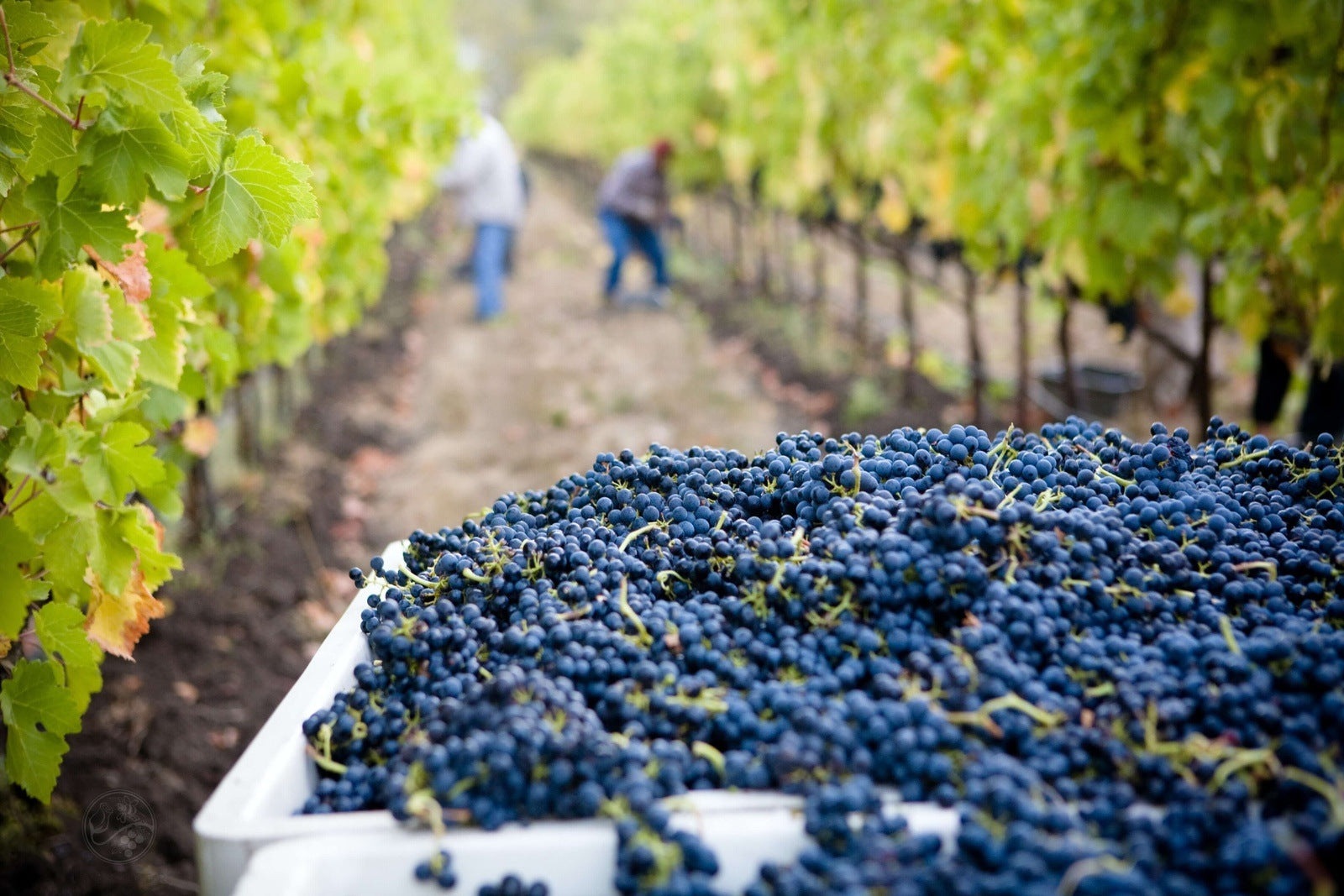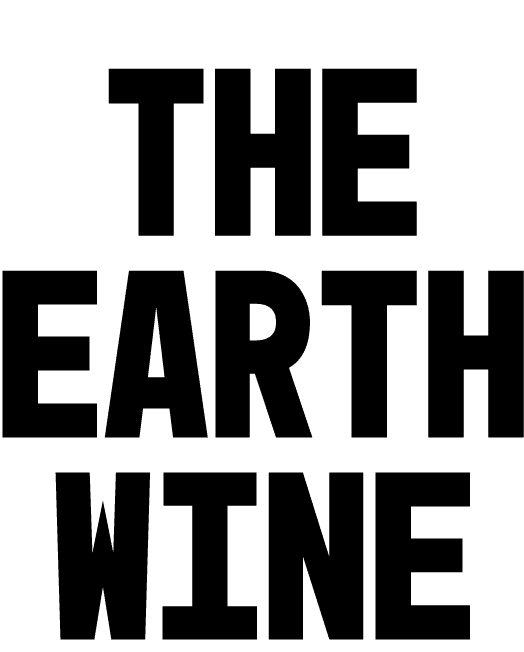
OUR WINEMAKERS
Independent growers and winemakers are passionate about every step of the winemaking process, from the field, to the barrel, to the glass. They harvest their grapes by hand, there truly is a story in every bottle.
ITALY
Shop All Wines-

Braccia Rese
Read More -

Cinque Campi
Read More -

Cantina Martinelli
Read More -

Cantine Matrone
Read More -

Cristiano Guttarolo
Read More -

La Biancara di Angiolino Maule
Read More -

Lamoresca
Read More -

Le More Bianche
Read More -

Maurizio Donadi
Read More -

Podere San Biagio
Read More -

Saccomani
Read More -

Tenuta I'Armonia
Read More -

Valli Unite
Read More
1
/
of
13















